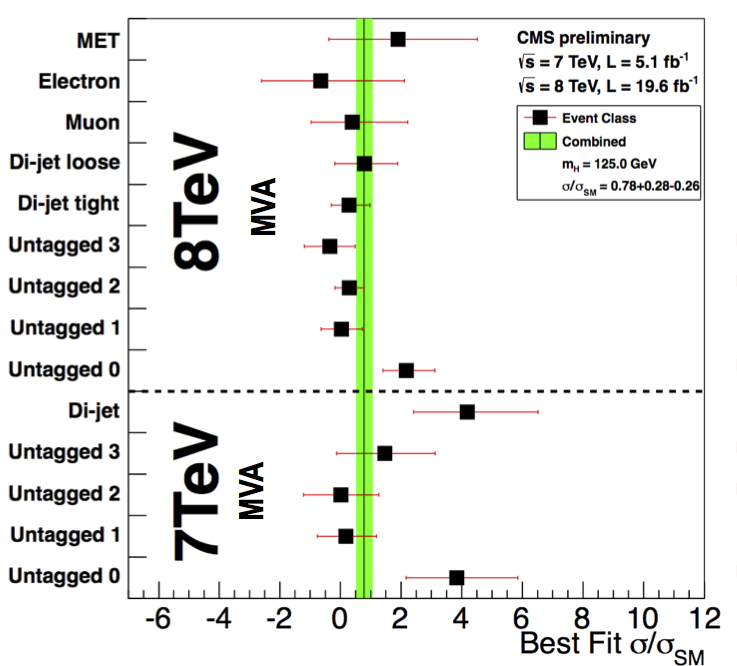 The Planck Collaboration released the most detailed map yet of the Cosmic Microwave Background (CMB), as measured by the European Space Agency's (ESA) Planck satellite, along with an arXiv release of 30 submitted research articles analyzing the data. What boggles my mind is that as far as I've understood, these measurement represent pretty much the best possible data that can be obtained from the CMB, limited not by instrumentation but by fundamental quantum effects.
The Planck Collaboration released the most detailed map yet of the Cosmic Microwave Background (CMB), as measured by the European Space Agency's (ESA) Planck satellite, along with an arXiv release of 30 submitted research articles analyzing the data. What boggles my mind is that as far as I've understood, these measurement represent pretty much the best possible data that can be obtained from the CMB, limited not by instrumentation but by fundamental quantum effects.
The Starts with a Bang blog gave a very good primer on what was expected from the data on the eve of the release, which I recommend reading before checking out the results. (See also Sean Carroll's anticipatory post on his blog.) For the results, you can read the official press release by ESA, the story by Nature News, or head back to Starts with a Bang for an excellent recap of the results:
So yes to inflation, no to gravitational waves from it.
Yes to three very light, standard-model neutrinos, no to any extras.
Yes to a slightly slower-expanding, older Universe, no to spatial curvature.
Yes to more dark matter and normal matter, yes also to a little less dark energy.
It thus seems the results were not very unexpected, although the corrections to the energy balance and age of the universe were perhaps a bit more significant than was expected. See also Peter Woit's take on the implications for string theory (spoiler: no support whatsover).

The other breaking recent news came from the Moriond particle physics conference (it seems physicists have a good thing going with these skiing conferences, as I personally also know :), which saw the release of the latest data from teams working on the Higgs boson at the Large Hadron Collider. The Quantum Diaries presents the results thus:
No more Higgs-like, Higgs-ish or even Higgsy boson. The CMS and ATLAS collaborations, the two large experiments operating at the Large Hadron Collider (LHC) at CERN, have now gathered sufficient evidence to say that the new boson discovered last summer is almost certainly “a” Higgs boson. Note that we are going to call it “a” Higgs boson and not “the” Higgs boson since we still need more data to determine what type of Higgs boson we have found. But all the analysis conducted so far strongly indicates that we are indeed dealing with a type of Higgs boson.
In a nutshell: it's a Higgs boson (as opposed to anything else), and in all likelyhood the Higgs boson (fully as predicted by the Standard Model of particle physics), with no anomalous properties or new physics still in sight. However, as stated in the press release, more data needs to be collected and analyzed before this is conclusive. Unfortunately due to the LHC shut-down, we will have to wait two years for new more stringent data.
For the most important plots of the data, see the viXra log, or the slides from the relevant talk at Moriond. For analysis of the agreement with the Standard model, see the Resonaances blog. Although many theoreticians are dismayed by the lack of any evidence for supersymmetry or other popular theories beyond the Standard model, there are some who think this is a good sanity check and will direct research to more fruitful directions.


 The Planck Collaboration released the
The Planck Collaboration released the 
 (via
(via 
